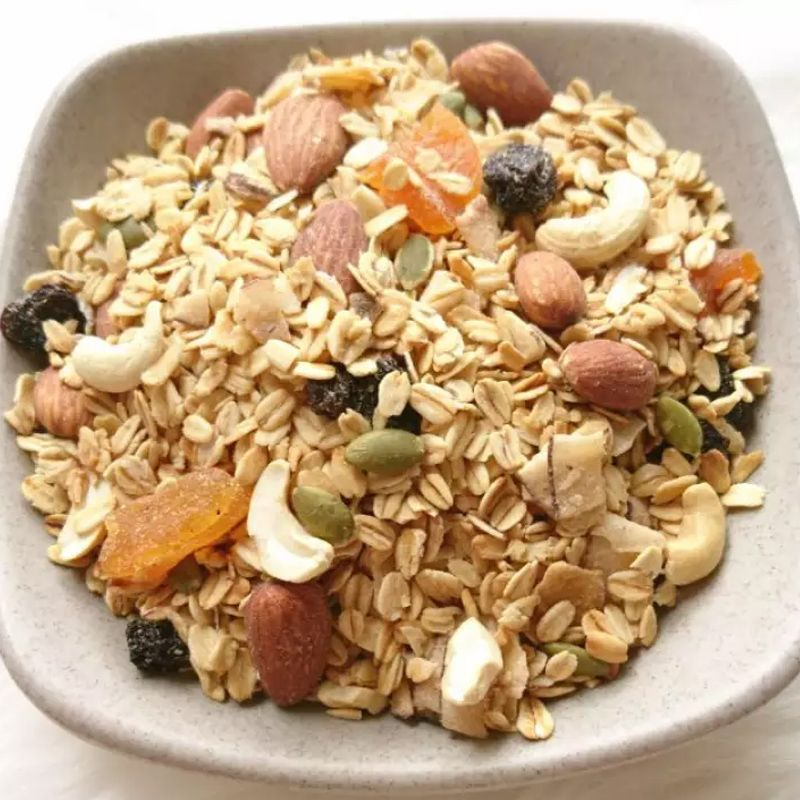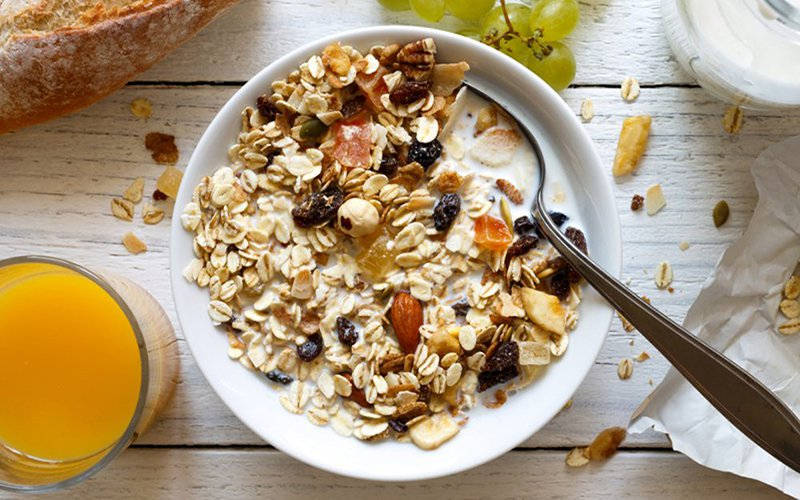Cereal
A cereal is any grass grown for the edible components of its grain (botanically, a sort of fruit known as a caryopsis), which consists of the endosperm, germ, and bran. The phrase can also apply to the finished grain (specifically "cereal grain"). Cereal grain crops are grown in bigger quantities and supply more food energy globally than any other crop kind, making them staple crops. Pseudocereals are edible grains from other plant families, such as buckwheat, quinoa, and chia.
Cereals are a great source of vitamins, minerals, carbs, lipids, oils, and protein in their natural, unprocessed, whole-grain form. After the bran and germ are removed, the endosperm that is left is primarily composed of carbohydrates. Grain, such as rice, wheat, millet, or maize, makes up the majority of the daily diet in some developing nations. In affluent nations, consumption of cereals is moderate, diversified, and nevertheless significant; it mainly takes the form of refined and processed grains.
Good grains are a fantastic source of minerals, calories, and healthy carbohydrates. You should stay away from processed, high-sugar cereals and opt instead for whole grains like oats, which will give your diet a solid dose of carbohydrates. Oats and whole grains are also rich in beneficial elements including fiber and antioxidants, which support healthy chemistry. Concentrate on purchasing nutritious cereals like oat or granola cake when you are out shopping. Oats have high fiber content and can give the body a variety of nutrients in just one bowl. The body benefits greatly from it as well. As you may have noticed, eating oats also supports muscular growth.












